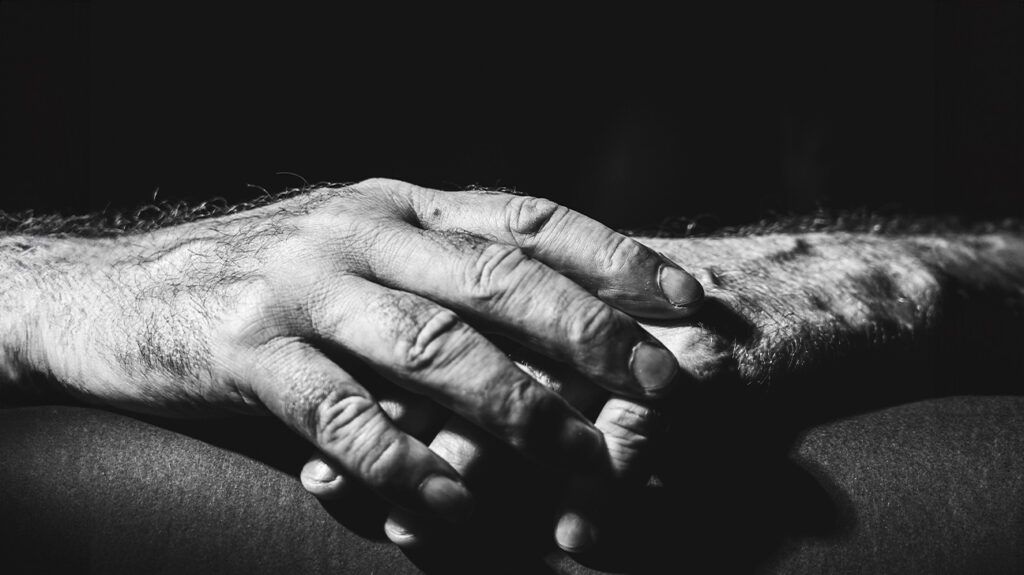Different types of gloves for Parkinson’s disease (PD) are currently in ongoing clinical trials. These gloves could help relieve PD symptoms by analyzing hand movements to send back to a doctor.
Doctors classify PD as a neurodegenerative disorder, meaning the condition damages the brain and nervous system. PD affects a person’s movement and typically worsens slowly over time.
Symptoms of PD typically include uncontrolled movements, such as tremors and muscle rigidity.
While PD is incurable, several treatments can help alleviate a person’s symptoms. These can include dopamine medications and physical therapy.
In this article, we will discuss Parkinson’s gloves, including what they are, how they work, and their effectiveness. We also explore current treatments for PD motor symptoms and when someone should consider consulting a healthcare professional.
Parkinson’s disease resources
To discover more evidence-based information and resources for Parkinson’s disease, visit our dedicated hub.

A Parkinson’s glove is a piece of wearable technology that could help treat or manage PD in the future.
There are currently two types of Parkinson’s gloves in the clinical trial stages.
As symptoms of PD progress, a person will typically have to attend clinic sessions with a healthcare professional every 3–6 months for movement assessments.
One type of Parkinson’s glove undergoing clinical trials may be able to analyze movements remotely. This means a person will not have to visit the hospital as frequently. The gloves may also provide a more accurate, well-rounded assessment of symptoms and help doctors plan more appropriate treatment plans.
One of the
The type of Parkinson’s glove that can assess movements remotely works by using wireless sensors to analyze hand movements. The sensors can measure hand tremor signals, the angle at which the fingers bend, and how much pressure a person applies to objects through the fingers and palm.
The glove will collect and store the data so a doctor can assess the results remotely. This can help them understand the pattern of symptoms and guide them in creating a treatment regimen.
The Parkinson’s glove that
A
A
However, as both types of gloves are still undergoing clinical trials, further research into their efficacy and safety may be necessary.
There are several current treatments available for the motor symptoms of PD. Some of these treatments
- medications to increase levels of dopamine in a person’s brain, such as levodopa
- medications to help reduce involuntary movements, such as amantadine
- anticholinergic medications to help improve muscle rigidity and tremors
- deep brain stimulation, a surgical procedure that stimulates the parts of the brain that control movement
- physical therapy to help reduce muscle rigidity and tremors
- strengthening exercises to help coordination, balance, and flexibility
- alternative therapies to help reduce muscle tension and increase flexibility, such as yoga, tai chi, and massage therapy
- following a balanced diet to support a person’s overall health
There are
As there is currently
If someone is not responding to their current treatments, they may wish to contact a doctor and inquire about ongoing clinical trials that may be suitable for their PD symptoms.
A healthcare professional can advise a person which trials could help benefit their specific set of symptoms and whether they are eligible to take part.
Parkinson’s disease is a degenerative brain condition that affects the nervous system and typically worsens slowly over time. Some common symptoms of PD include tremors and muscle rigidity.
There are several types of Parkinson’s gloves currently undergoing clinical trials. One type of Parkinson’s glove may help analyze hand movements, which a doctor can then study and use to plan suitable treatment options.
Another type of Parkinson’s glove may help reduce tremors by sending vibrations through a person’s fingertips.
There is currently no cure for PD, but several treatments can help alleviate symptoms. These include dopamine medications and physical therapy.
If a person feels they are not responding to current PD treatments, they may wish to speak with a doctor about taking part in suitable clinical trials.
